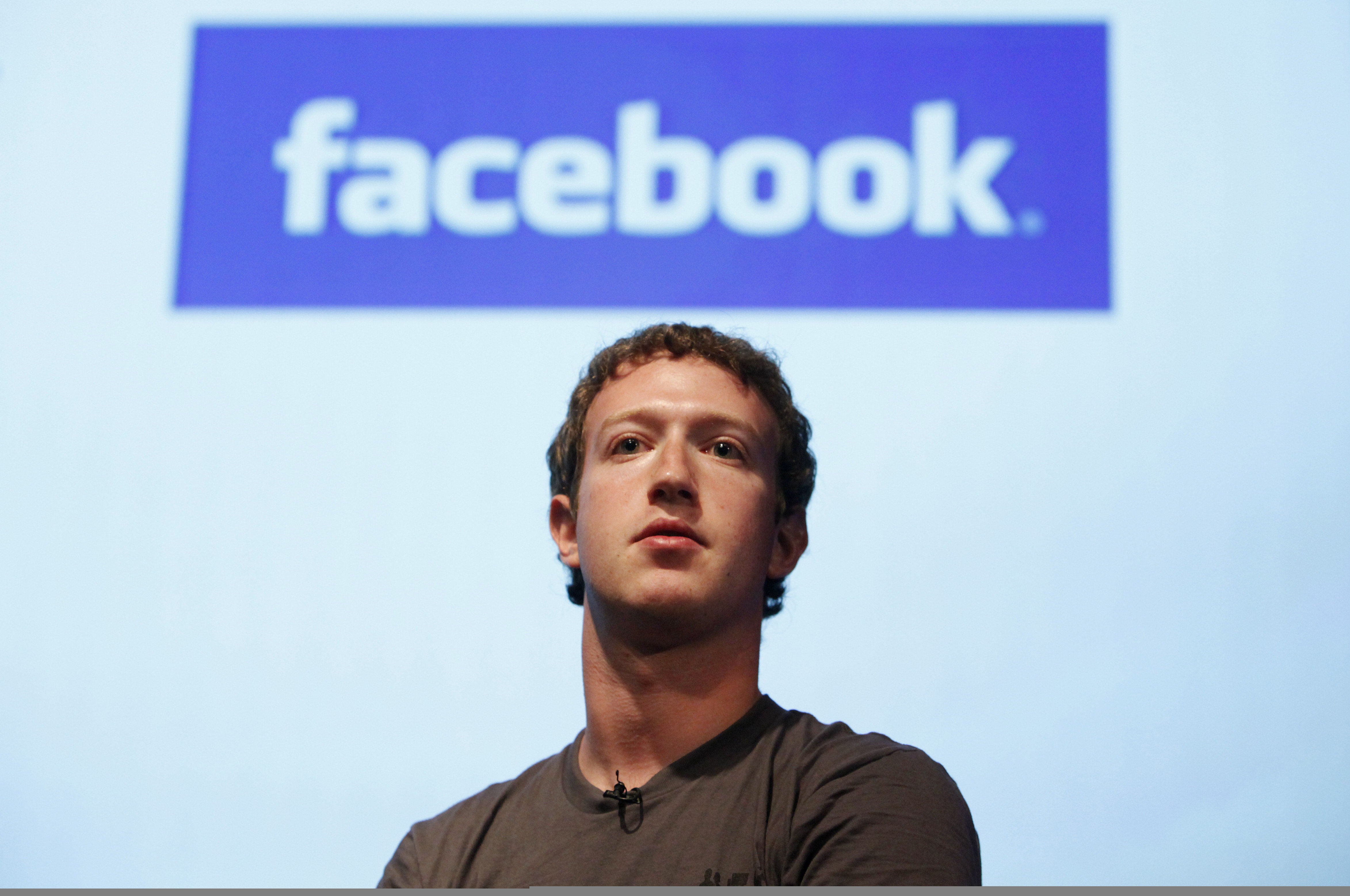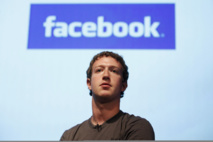According to Forbes’ Staff- 27 March 2015- Parmy Olson writes that Facebook should not be mistaken as just another app, nor as one powerful “social entity” that is capable of winning the globe.
It is rather “a family of apps” as Mark Zuckerberg expressed on Wednesday at a meeting. Instead it can be very well compared to a giant squid that denotes a conglomeration of tentacles, separate in form yet connect like a family at the root.
Olson highlights a current fundamental shifting trend of Facebook which is a pointer towards their recent focus on channelling their resources out to various Messenger boosted with fresh features, aiming to match their Asian rivals like LINE and WeChat.
In fact, the ultimate objective for such action is a justification of morphing an innovative platform wherein one will have a multiple array of useful and premium facilities. However, Zuckerberg mentions that the services availed will mostly cost money at the outset, only as and when particular models gain market stability like Instagram or Whatsapp, the apps can be migrated into Facebook services.
Zuckerberg also puts forth his vision of rendering Messenger apps into useful operating systems capable of hosting various games, other sources of entertainment, making payment for any services or availing any mobile transaction.
GlobalWebIndex, a firm that specializes on market researches, states that in 2014 the growth of Facebook was recorded to be 23% whereas Messengers’ recorded rate was 50%. Moreover, a comparative study also shows that the former has 7.4% ratio of active net users while the latter shows 8.7% of the same activity. Thus, one can say Messenger commands a greater momentum.
In the conferential announcement of Wednesday, it was disclosed that a direct access to customers can be availed if a “Businesses on Messenger” model is adapted. Moreover, it is an attempt made by Facebook to eradicate spam mails and to create a longer investment pattern for Facebook. In fact, the first two business partners of Facebook availing this facility are enjoying a free benefit.
Likewise, Facebook is aiming at creating similar business platforms as WeChat and in Ted Livingston’s words:
“There are more official accounts created on WeChat each day in China than there are websites brought online.”
The strange module of business Messenger, introduced by Kik, allows official business accounts to strike an automated conversation with an user as a novel advertising method. Similar attempts are made by Facebook in collaboration with Messenger to ultimately migrate the facility into Whatsapp and Instagram.
As for now, Messenger, Instagram and Whatsapp, the “mobile tentacles” of Facebook, are all operating in an independent manner. Olson writes:
“Zuckerberg didn’t buy WhatsApp and Instagram to bulk up Facebook itself, but to build out what is gradually becoming a social conglomerate, one that now spans to virtual reality with last year’s purchase of Oculus Rift.”
In the present scenario, Whatsapp is setting a new trend of modern communication method, which is gradually changing the perception of a mobile utility by incorporating free messaging from anywhere across the globe. Moreover, it is likely to launch a new free voice call feature that will probably shadow the role of Skype.
References:
http://www.forbes.com/sites/parmyolson/2015/03/27/mark-zuckerberg-facebook-messenger/
Zuckerberg Announces His Long Term Conglomeration Plans
03/30/2015 - 14:44
Facebook is creating a platform with conglomeration of useful apps and free service facilities through Messenger which is designed to migrate into Instagram and Whatsapp, sometimes in the near future. It is the long term revenue plan of Zuckerberg.
More
Thursday, April 17th 2025 - 05:52 Google sued for £5bn in the UK |
Wednesday, April 16th 2025 - 09:03 LVMH loses its status as the largest luxury goods manufacturer by capitalization |
Most Popular
Innovation & tools
Discovery



















